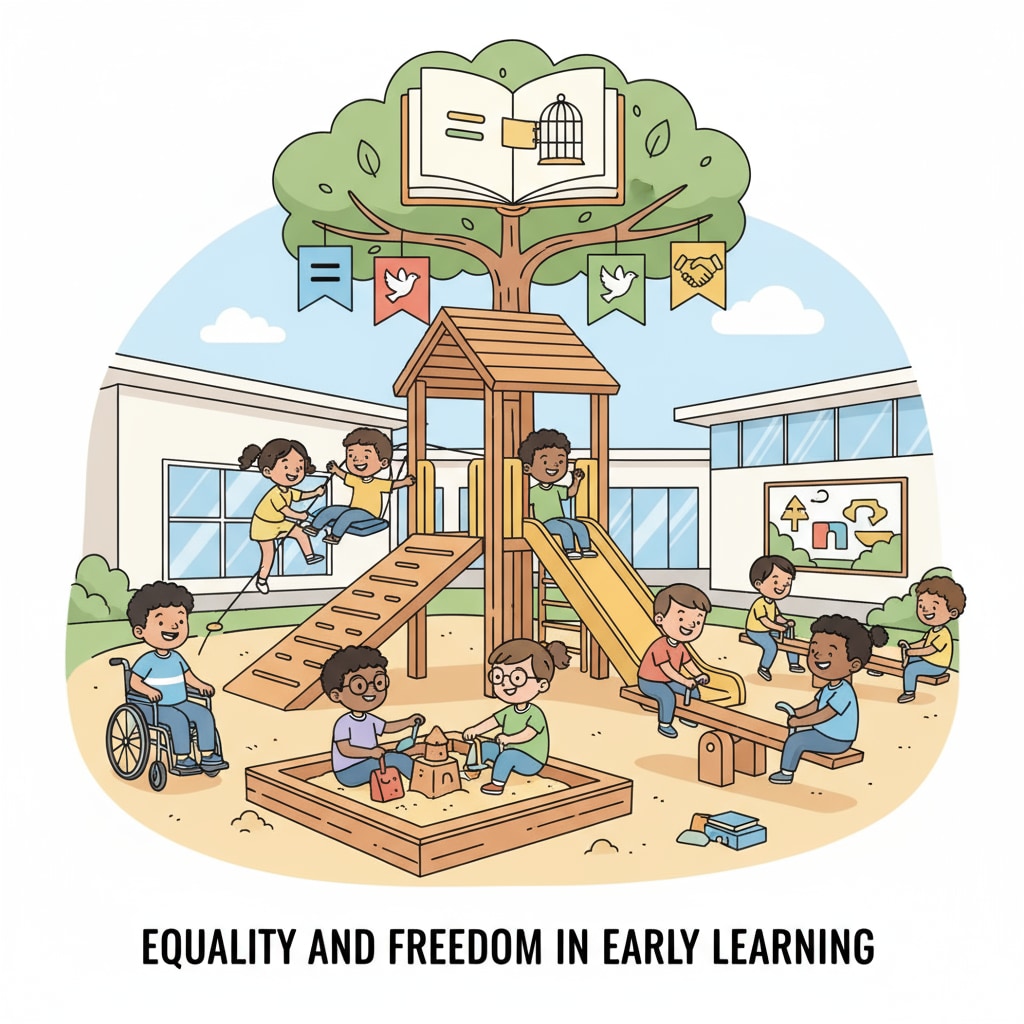The debate surrounding the elimination of gifted programs in New York City kindergartens has brought the issues of educational equity and elitism in preschool education to the forefront. This reform initiative has far-reaching implications for the future of early childhood education in the city.

The Origins of Gifted Programs in New York City Preschools
Gifted programs in New York City kindergartens were initially established to identify and nurture children with exceptional abilities. These programs aimed to provide a more challenging curriculum and specialized instruction to meet the unique needs of these gifted children. For example, they might offer advanced language arts or math activities. According to Gifted education in the United States on Wikipedia, gifted education has a long history in the country, and New York City’s programs were part of this larger movement. However, over time, concerns about the fairness of these programs began to surface.
The Case for Educational Equity
Proponents of eliminating gifted programs argue that they often perpetuate inequality. These programs tend to benefit children from more privileged backgrounds, as they often require resources and support that may not be equally available to all families. For instance, preparation for gifted program admissions might involve expensive tutoring. As a result, children from disadvantaged families are less likely to access these programs. Educational equity, as emphasized by Education on Britannica, should ensure that all children have equal opportunities to learn and develop, regardless of their socioeconomic status.

Another aspect of the equity argument is the potential for labeling children at a very young age. Gifted programs can create a divide among children, with some being labeled as “gifted” and others not. This can have a negative impact on the self-esteem of those who are not selected, and may also limit their educational opportunities in the long run.
The Defense of Elitism in Preschool Education
On the other hand, supporters of gifted programs believe that they are crucial for identifying and developing the potential of exceptional children. By providing a specialized curriculum, these programs can help gifted children reach their full potential. They argue that without such programs, these talented children may be held back in a one-size-fits-all educational system. For example, a child with advanced mathematical abilities may not be challenged enough in a regular kindergarten classroom.
Furthermore, some believe that gifted programs can contribute to the overall excellence of the education system. By nurturing the most talented individuals, these programs can produce future leaders and innovators. They see elitism in preschool education as a way to ensure that the best and brightest are given the opportunity to thrive.
Readability guidance: As we have seen, the debate over gifted programs in New York City kindergartens is complex, with valid points on both sides. We need to find a balance between educational equity and elitism to ensure the best possible outcomes for all children in preschool education. By understanding the arguments for and against these programs, we can work towards a more inclusive and effective early childhood education system.


